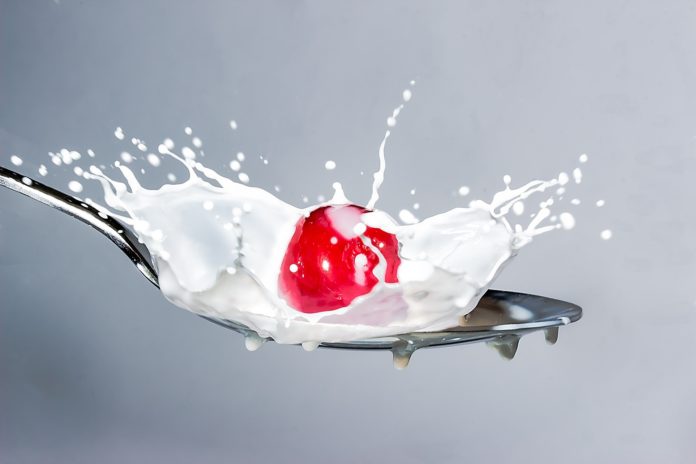Daily milk intake betters bone health in men above 50, effects less pronounced in women
So, you think that glass of milk every night keeps you going? Well, you are right, especially if you are a man aged more than 50 years.
A new study has revealed that higher intake of dairy foods, such as milk, yogurt, and cheese, is associated with higher volumetric bone mineral density and vertebral strength at the spine in men. Dairy intake seems to be most beneficial for men over age 50, and continued to have positive associations irrespective of serum vitamin D status. Bone mineral density is an indicator of bone health.
In women, however researchers found no significant results except for a positive association of cream intake in the cross sectional area of the bone
The study was carried out by scientists from Hebrew SeniorLife’s Institute for Aging Research (IFAR), Wageningen University, Tilburg University, University of Reading, and Beth Israel Deaconess Medical Center (BIDMC)
In women, however researchers found no significant results except for a positive association of cream intake in the cross sectional area of the bone.
Study participants included 1,522 men and 1,104 women from the Framingham Study, aged 32-81 years. Researchers examined quantitative computed tomography (QCT) measures of bone to determine associations with dairy intake.
Shivani Sahni, Ph.D., Director Nutrition Program and Associate Scientist at IFAR and senior author of the study said, “This study related dairy intake with QCT- derived bone measures, which are unique because they provide information on bone geometry and compartment-specific bone density that are key determinants of bone strength. The results of this study highlight the beneficial role of a combination of dairy foods upon bone health and these beneficial associations remain irrespective of serum vitamin D status in a person.”
The results of this study were published recently in the Journal of Bone and Mineral Density.


